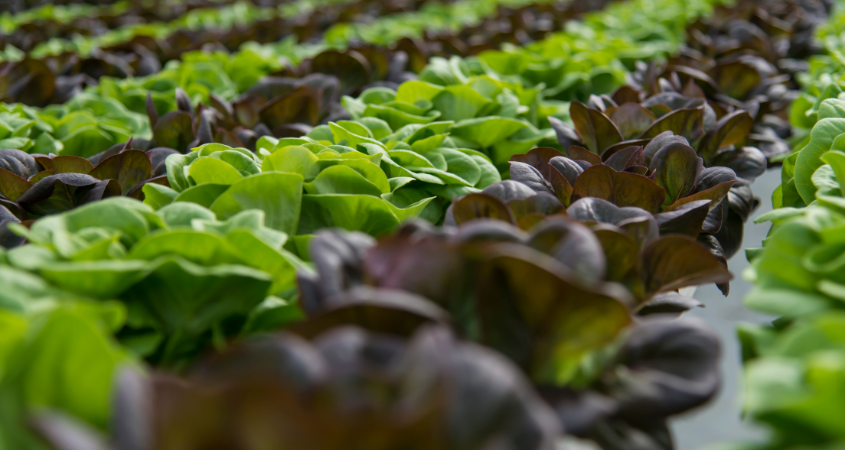
Plant disease & pest management using chemical pesticides raises serious concerns about food safety, environmental quality and pesticide resistance. These concerns have dictated the need for alternative plant disease & pest Management techniques. In particular, plant nutrients could affect the disease tolerance or resistance of plants to pests and diseases. This is evident in the […]
Read More
In Kenya, the current population is estimated at 47 million and expected to nearly double to 95 million by 2050. Agriculture in Kenya is a fundamental instrument for sustainable development, poverty eradication, and food security.
Image c/o: pixabay
Read More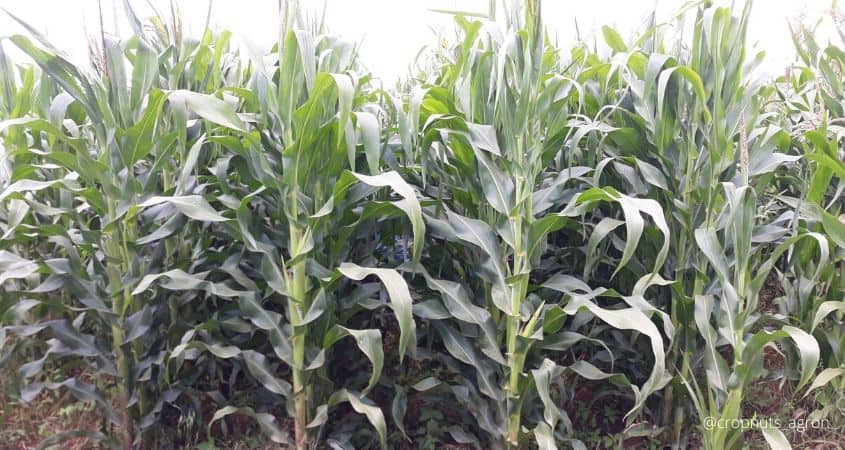
Choosing the right variety is important for any crop, but with a crop like maize where there is just so much choice, where do you start? Last season we carried out four fully replicated maize variety trials in the highland areas; in Timau, Rumuruti, Nakuru and Eldoret to independently compare a range of maize varieties […]
Read More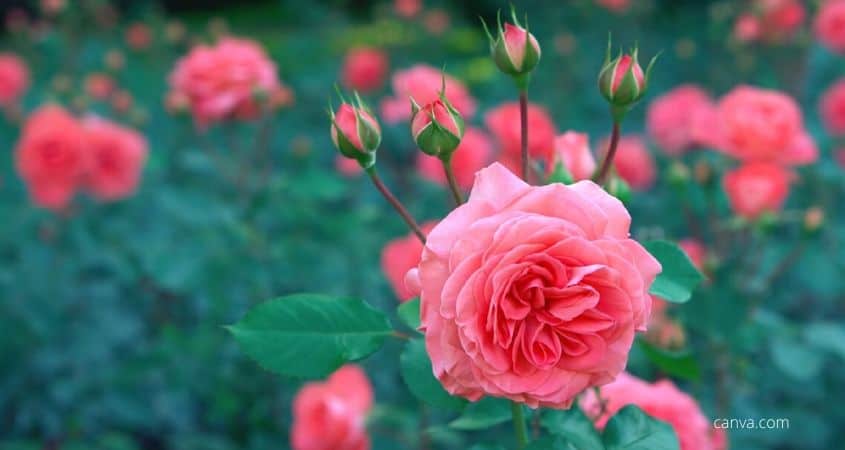
Plant nutrition is the study of the chemical elements and compounds necessary for plant growth, plant metabolism and their external supply. Without proper plant nutrition, plants tend to die off or produce little or no yield. In my line of work I visit hundreds of flower farms a year; the flourishing, the ticking over, and the ones in […]
Read More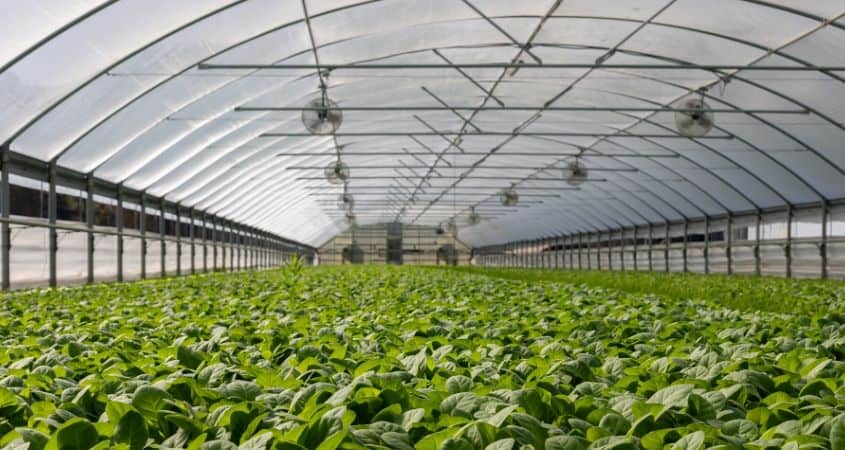
Greenhouse soil crops need more specialized care. When you grow plants out in the open field, your soil has time to rest and regenerate. Not so in the greenhouse, where the climate is much hotter and the soil and plants are working hard all year round. Greenhouse soil temperatures are higher and you need to […]
Read More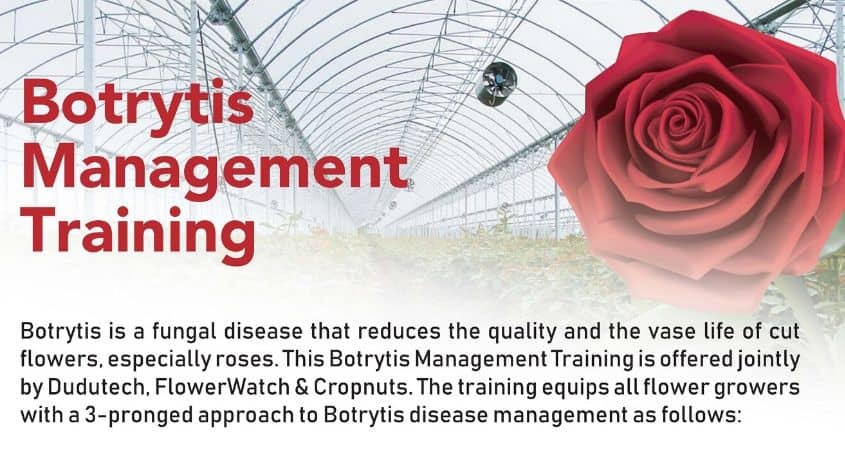
CROPNUTS, Flowerwatch and Dudutech have come together to organize a training on Botrytis Management. The three companies create a good balance to tackle the challenge of Botrytis completely, offering crop nutrition, crop protection and post-harvest disease management strategies. We are keen to address and train farms on how to manage Botrytis. We will have 4 training […]
Read More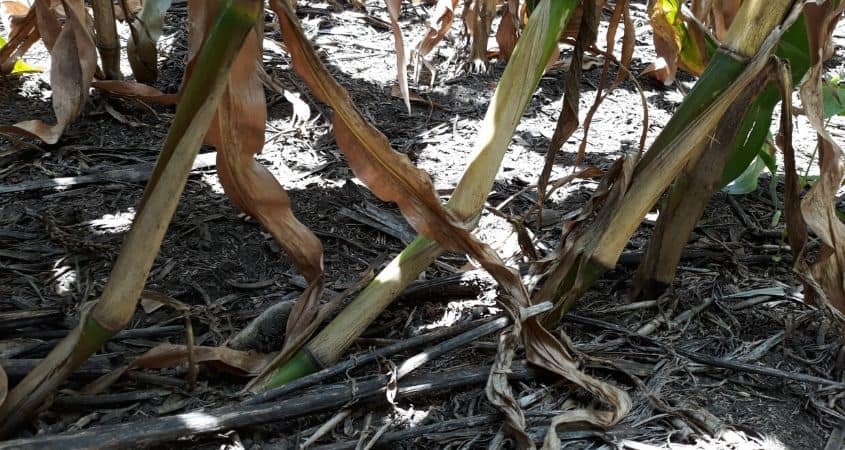
Lodging in cereals is the bending over of the stems near ground level of grain crops. Lodging makes cereal crops very difficult to harvest and can dramatically reduce yield. Causes Of Lodging In Cereals Lodging in cereals is often caused by inadequate standing power of the crop and other external conditions such a storm damage, soil density, disease, sowing […]
Read More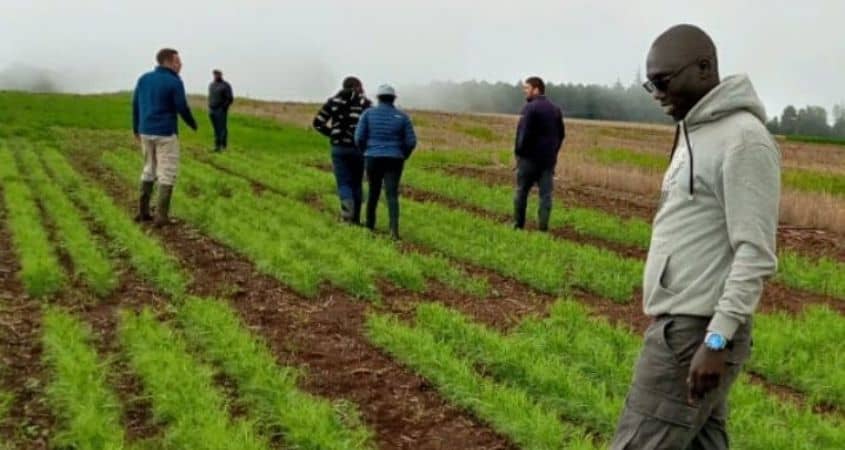
Importance of Molybdenum & Cobalt On Legumes Looking back through some of our legume crop field trials which have focused mainly on peas, the use of molybdenum and cobalt on the seed has consistently shown improvements in nodulation and yield. We know how important molybdenum is on legumes and brassicas in most Kenyan soils so […]
Read More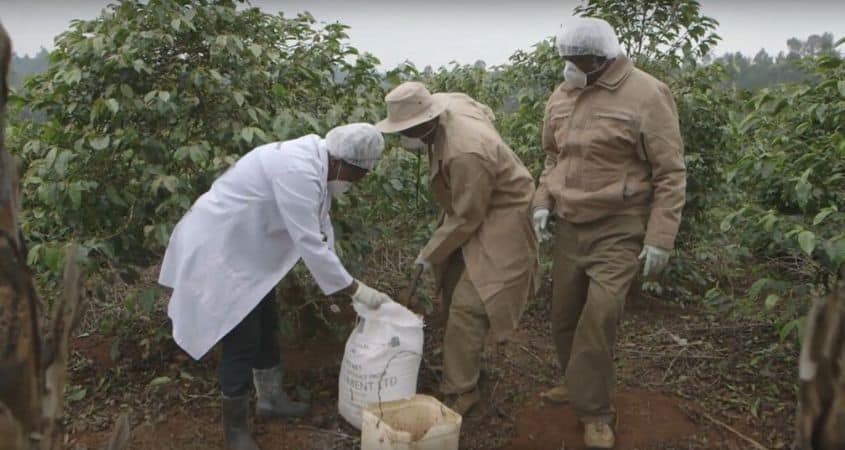
Two big yield limitations in coffee are: low soil pH Micronutrient deficiencies Years of applying acidic fertilizers in conjunction with leaching have caused many soils in coffee growing areas in Kenya to become very acidic. Low soil pH affects the crop in two ways:- Reduced Fertilizer Efficiency At low pH, fertilizers like Phosphorous (P) get bound […]
Read More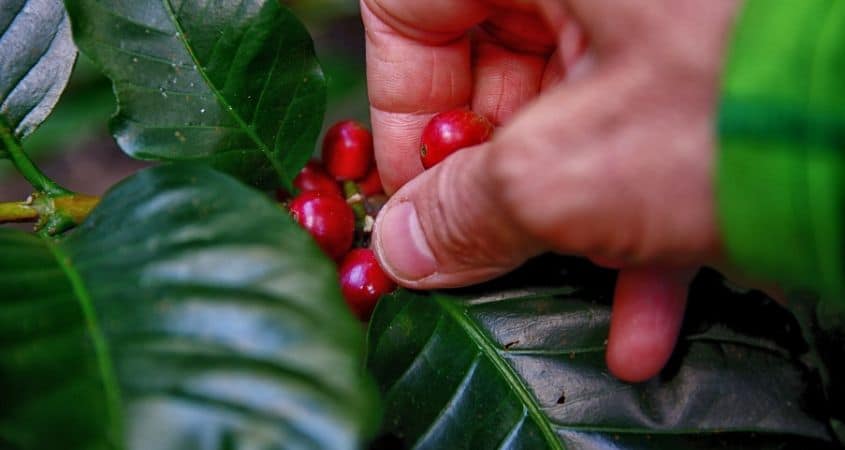
Cropnuts will be exhibiting at the Ruiru Coffee Fair on the 6th and 7th at the Coffee Research Institute (CRI) in Ruiru, Kenya. The two day event starts from 9am. Come and meet our team of agronomist who will be ready to help tackle all your agronomy questions. Please find google maps directions to the […]
Read More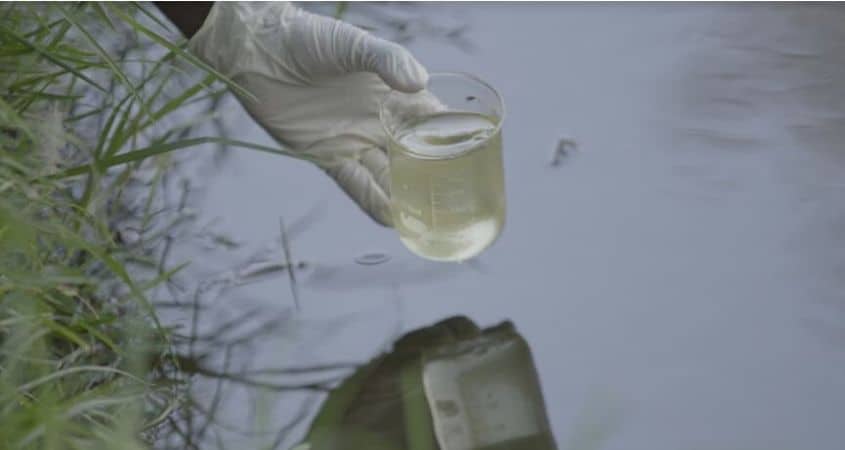
Water is the essence of life. Regular water analysis testing, monitoring & compliance to water quality standards contributes to better well being, healthier communities and a thriving green planet. Flourishing agricultural, wildlife & forest ecosystems depend on availability of quality water. Water is not what it seems. Though it pours freely from the skies and […]
Read More
In Africa, and especially in Kenya, high sodium soil is one of the major causes of yield losses, quality reduction and crop failure in irrigated agriculture. So today, in our first newsletter, we are going to talk about sodium in the soil. The Effect Of Soil Sodium Soils with a high percentage of sodium in […]
Read More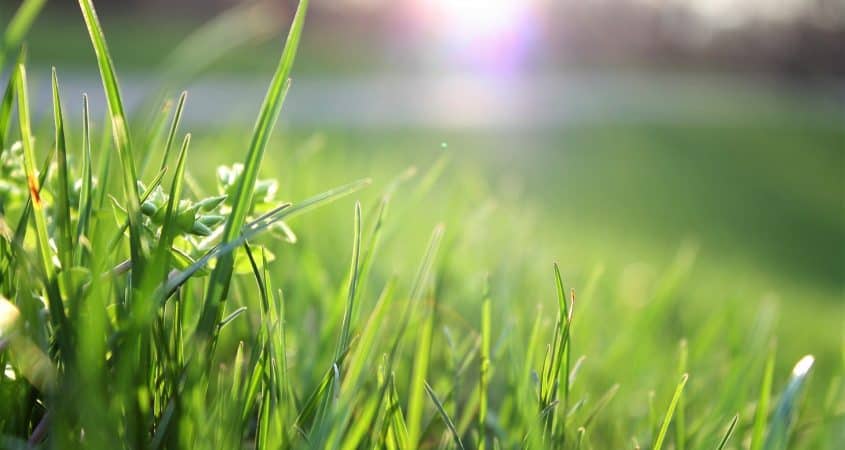
Soil organic matter (SOM) is the organic matter component of soil, consisting of plant and animal remains at various stages of decomposition, cells and tissues of soil microbes, and substances that soil microbes synthesize (Wikipedia). In order to save the world from self-destruction, we need to move towards sustainable carbon friendly farming. Many farms in Kenya have already embarked on this journey. […]
Read More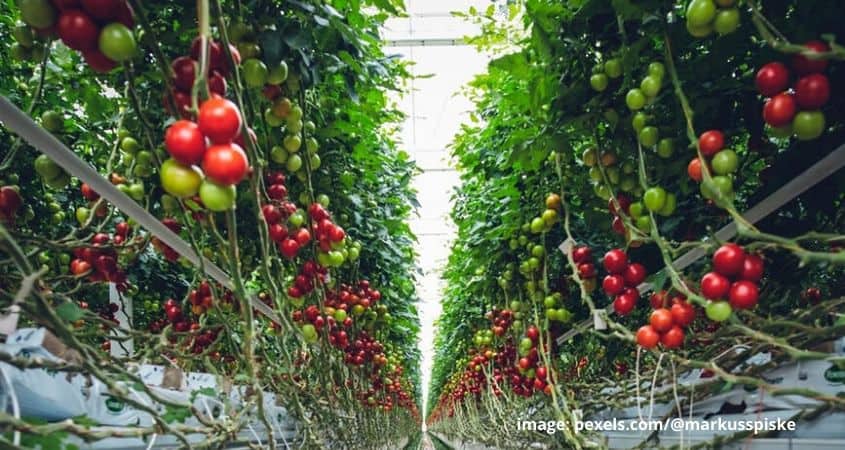
Fertigation is the application of fertilizer together with the irrigation water. The most common form of fertigation in Kenya is via drip irrigation. Fertigation provides precise nutrition, application flexibility, minimized loses & environmental protection. Fertigation Benefits The benefits of drip fertigation to plants are that nutrients are applied directly into the active root zone with […]
Read More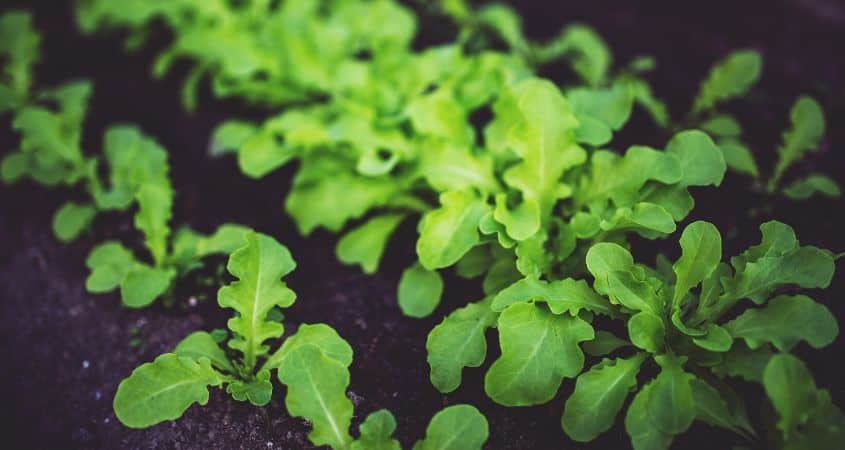
Calcium Nitrate is an inorganic compound with the formula Ca(NO3)2 and is mainly used as a component in fertilizers. In soil and plant nutrition Calcium is King. Calcium Nitrate is the only cheapish non-reactive water soluble calcium fertilizer suitable for drip feeding fertigated crops, so it goes without saying that calcium nitrate is the sovereign of fertilizers. There are […]
Read More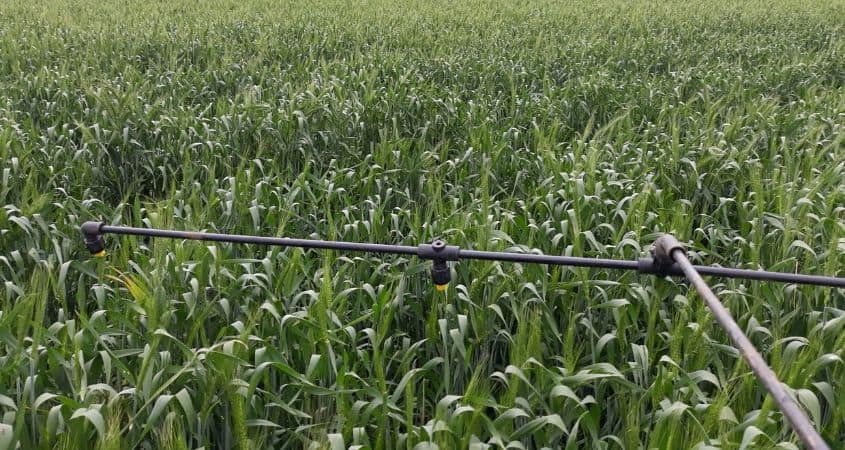
Fungicides are biocidal chemical compounds used to kill parasitic fungi or their spores. Fungi can cause serious damage in agriculture, resulting in critical losses of yield, quality, and profit. Fungicide Classification Fungicides are mostly known by their brand names. But when you want to get scientific about farming, it’s important to understand a bit more about which ones to use in different crops, and […]
Read More
Fall Armyworm control methods discussed in this article are tested by Cropnuts independent Agronomy team. The recommendations given in this article are independent and are not biased to any fall armyworm insecticide company in any way. Fall Armyworm (FAW) or Spodoptera frugiperda , is a new emerging invasive pest that is wreaking havoc in Kenya and many […]
Read More
Aflatoxins are poisonous by-products produced from the fungi Aspergillus flavus and A. parasiticus. These fungi are found in the soil and are responsible for decomposition of plant materials. Aspergillus is a mold that infects maize when stressed, but can infect other crops such as grain sorghum, peanuts and cotton. Aflatoxins are odorless, tasteless and have […]
Read More
February 2020 Update The desert locust invasion has spread even further as the map below. This locust invasion is declared the worst in 70 years according to the UN On the shores of Lake Turkana, February 21 Isiolo County, February 23 Sagana, February 5 January 2020 Update The desert locust risk situation in Kenya remains […]
Read More
On 14th December 2019, a new EU plant health regulation ((EU) 2016/2031) comes into operation bringing rigorous new rules to prevent the introduction and spread of pests and diseases of plants in the EU. EU Phytosanitary Certificate Countries exporting fruit and vegetables to the EU must take action to ensure that all consignments are in […]
Read More
Think Agronomy is our new, regular broadcast keeping arable farmers updated with tips, tricks and knowledge from our experienced team of independent agronomists. To subscribe to receive our Agronomy newsletters straight to your email inbox, please click here Farmers of every crop type including livestock are being urgent to make plans to deal with the potential locust plague […]
Read More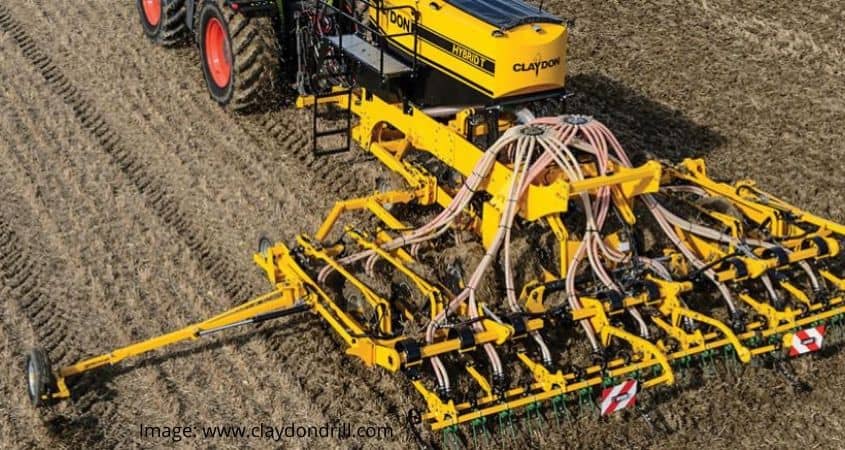
Continuing our series looking at planters, this interesting offering from Claydon is particularly relevant to many farming situations in Kenya… Claydon uses a leading tine to open the soil ahead of a separate seeding tine, meaning that light surface compaction – from livestock grazing in the off-season for example – can be removed at seeding […]
Read More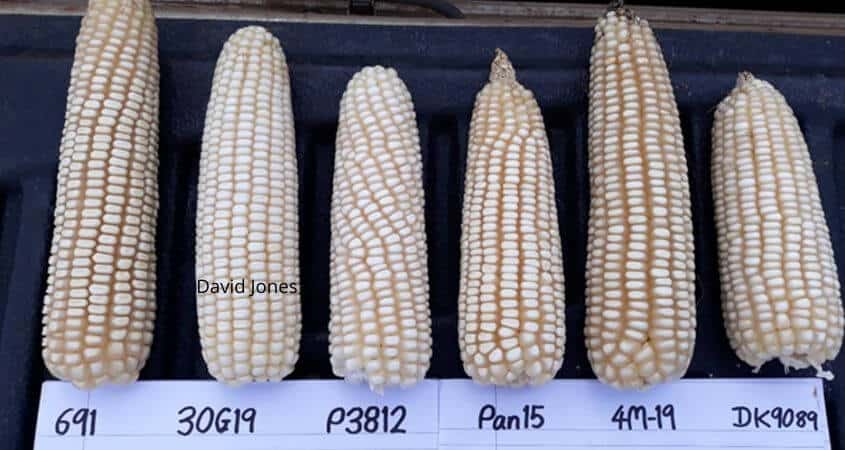
Maize varieties grown in Kenya, their strong attributes and their vulnerabilities, especially to certain pests & diseases as tested in our maize crop trials. Maize Variety List Pannar 691 Maize Variety Still arguably the standard for yield despite being released in 2001. In most highland areas it requires 160 days to maturity. Good disease resistance […]
Read More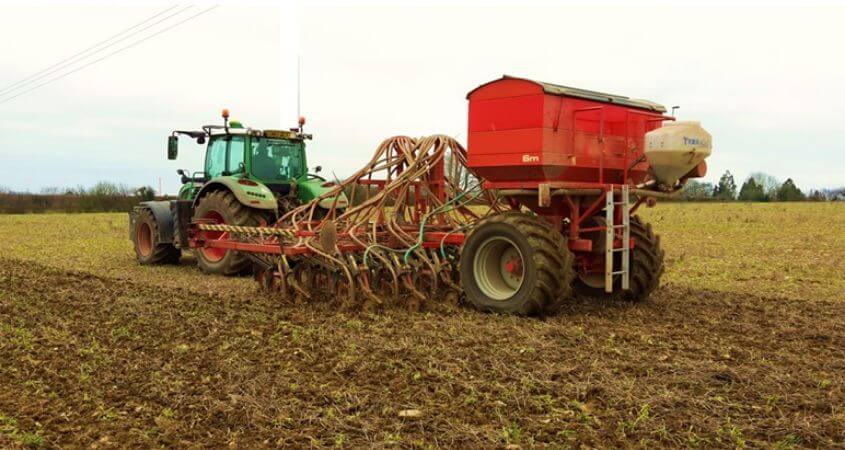
In this issue of #ThinkAgronomy we make comments on 3 crucial topics trending among broad acre farmers right now There seems to be a lot of conversation recently about seeders, so over the next few weeks we will be looking at a different manufacturer each week. First up is an interesting tine seeder from the […]
Read More
CodeDay is a worldwide event where student programmers, artists, musicians, actors, and everyone else can get together and build apps & games for 24 hours…
Read More
Three-Day Conference: GLOBALG.A.P. Takes Your Business to the Next Level with the World’s Leading Standard for Food Safety and Sustainability. Cropnuts will be exhibiting, please visit our stand…
Read More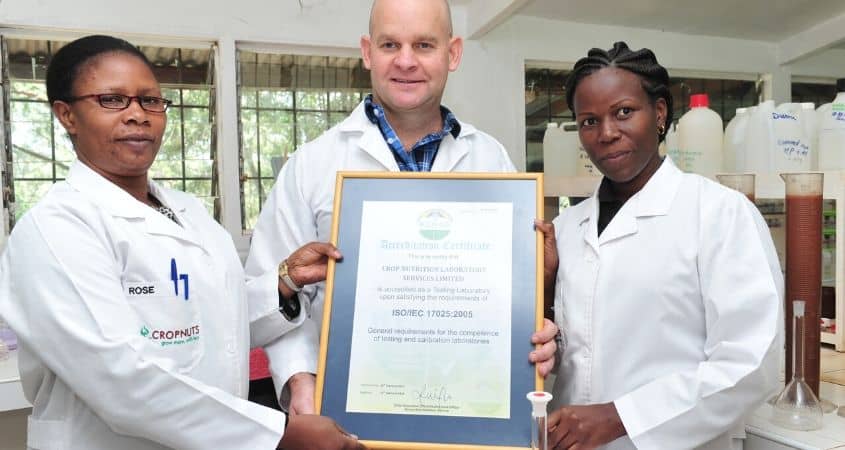
Three-Day Conference: GLOBAL G.A.P. Takes Your Business to the Next Level with the World’s Leading Standard for Food Safety and Sustainability…
Read More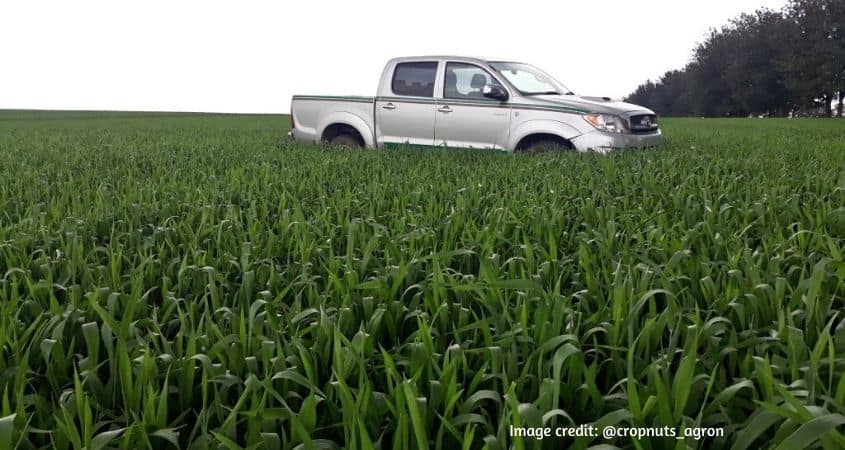
This week I take a look at wheat varieties in Kenya in anticipation of planting. Also we got latest trials results highlighting importance of Nitrogen and Sulphur in Canola Wheat Varieties List: Robin Njoro 2 Kwale Hawk Korongo Egale 10 Wren Tai Eldo baraka Mavuno Robin Still a solid wheat variety. First registered in 2009, […]
Read More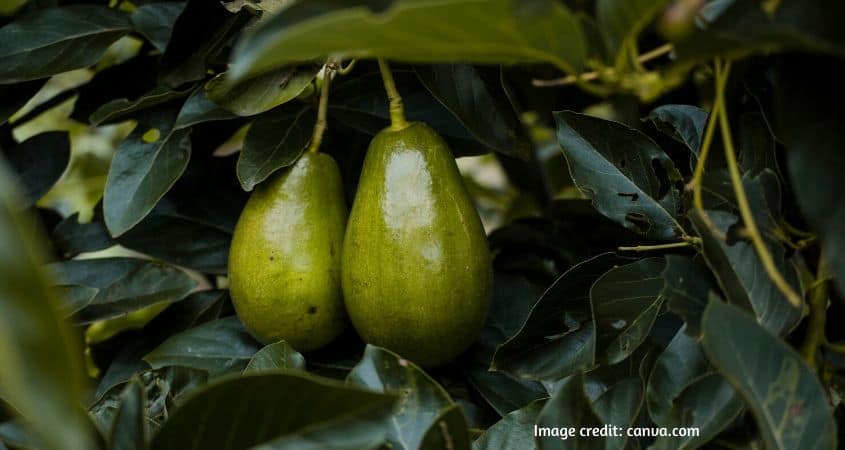
Your ultimate Avocado Farming Guide: Avocado farming in Kenya and around the globe is gaining prominence partly because of the nutritious benefits of the avocado fruit. But where does one start in farming this delicious fruit? Here, we discuss more on the best practices on how to grow Avocados in Kenya. Full of flavor, packing […]
Read More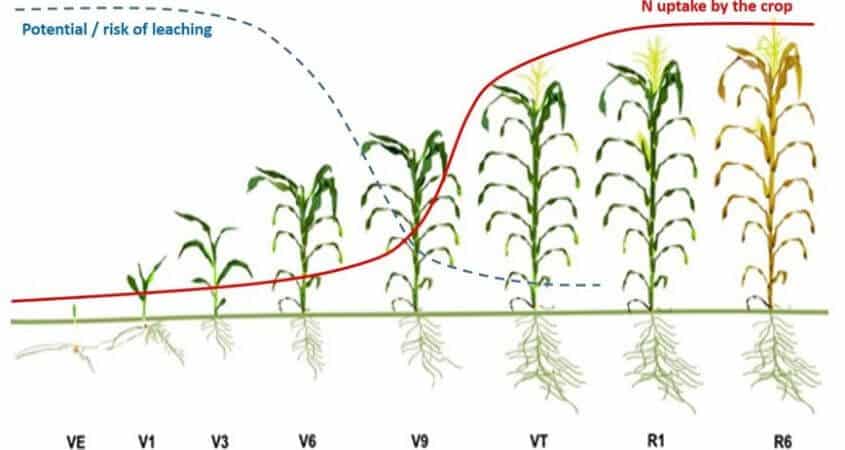
Top dressing fertilizer for maize works best when the timing is key; ie. when it is applied at the correct crop growth stage and at the recommended rate. This is why: For maize, Urea application timing depends on an understanding of the key growth stages. As many crops reach top dressing timing, we look at […]
Read More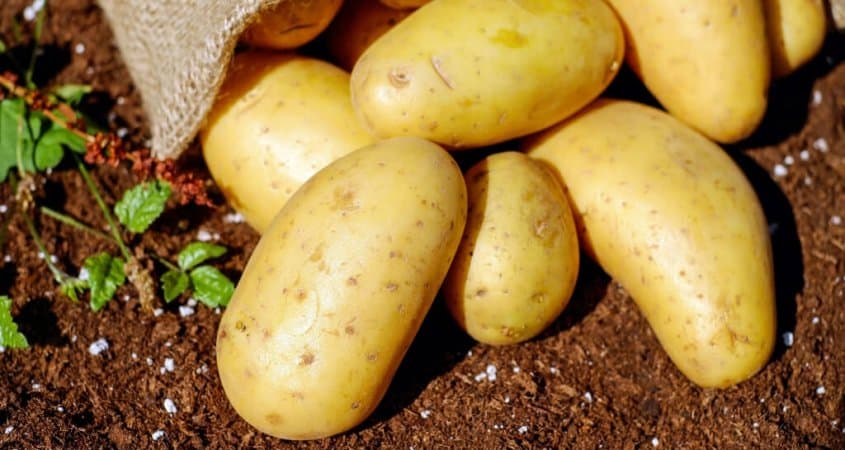
Is potato farming profitable? What are the potato fertilizer nutrient recommendations? What potato diseases and pests are likely to affect my crop? Are there potato virus diseases and what are their control methods? Ruth Vaughan, delves into all your questions.. Irish potato farming in Kenya & Africa at large is gaining ground as demand for […]
Read More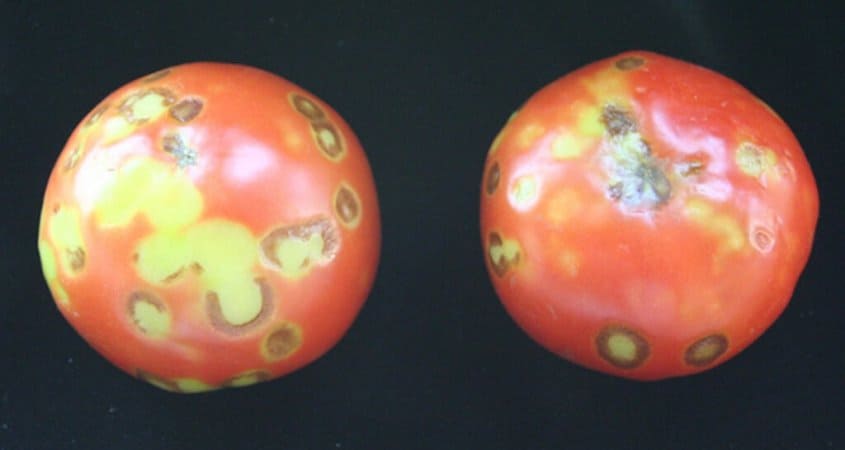
Plant viruses are viruses that affect plants. Like all other viruses, plant viruses are obligate intracellular parasites that do not have the molecular machinery to replicate without a host. Plant viruses are pathogenic to higher plants. They can cause a dramatic decrease in yield, quality and shelf life and even plant death. Plant virus are made up of a strand of nucleic acid (DNA or […]
Read More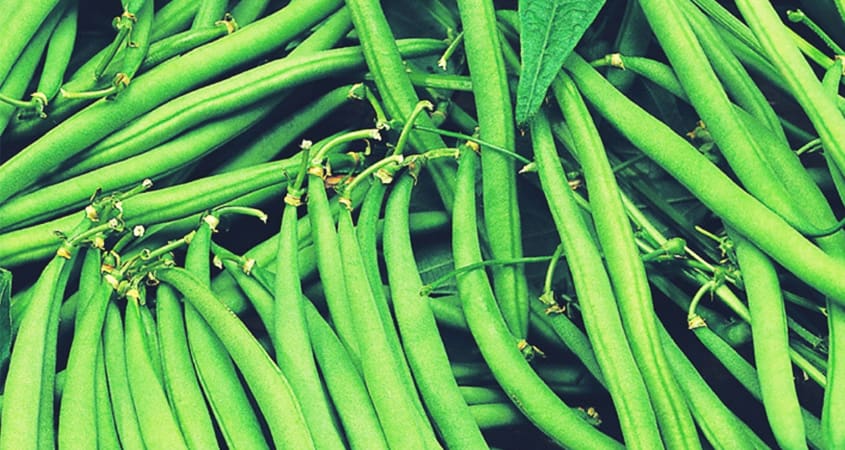
French beans, also known as snap or green beans, and locally in Kenya as mishiri, are a major export crop. Interest in french beans farming is fast-growing for both fresh consumption and processing
Read More